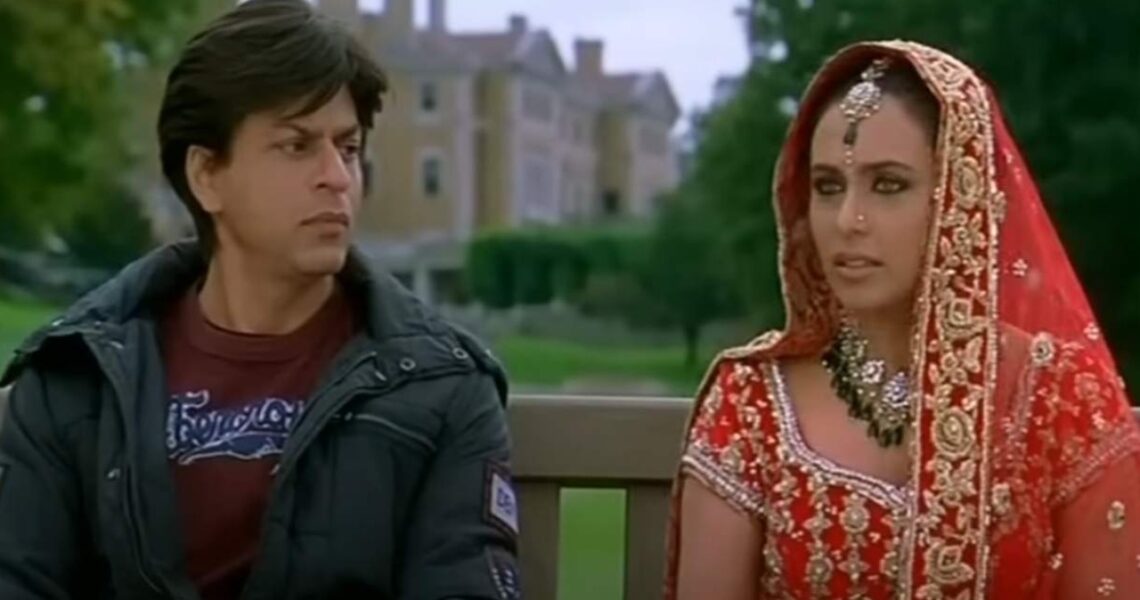Pakistani actor claims Shah Rukh Khan’s character in Kabhi Alvida Naa Kehna was a ‘direct copy’ of his role in THIS drama
Karan Johar’s directorial, Kabhi Alvida Naa Kehna is best known for its exploration of the theme of marriage infidelity. Starring Shah Rukh Khan, Rani Mukerji, Preity Zinta, and Abhishek Bachchan, this 2006 film was ahead of its time.
A Pakistani actor has claimed that KANK was inspired by a drama called Parwaaz, and he alleged that his role was copied in the film.
Shah Rukh Khan’s role in KANK was “copied”, claims Tauqeer Nasir
During an appearance on the Pakistani YouTube channel, Zabardast With Wasi Shah, Tauqeer Nasir claimed that Shah Rukh Khan’s character, Dev Saran in Kabhi Alvida Na Kehna, was a direct copy of his role in the drama, Parwaaz.
“A film that Shah Rukh did was based on my character in Parwaaz. He completely copied it. I appreciate it but he should have given credit. Karan Johar should have acknowledged it,” Nasir said.
Nasir talks about the similarities of SRK’s characterization in KANK
Nasir also pointed out that Shah Rukh’s injured leg in the film is similar to his character in the drama. “It’s the same right leg, same limp,” he said, while mentioning that the filmmakers of KANK glamorized the character.
Tauqeer Nasir also claimed that Kabhi Alvida Naa Kehna was based on a book by Mustansar Hussain Tarar. He added that the makers of KANK failed to give proper credit for the inspiration.
All about Kabhi Alvida Naa Kehna
In the film, Shah Rukh Khan played Dev Saran, a soccer player with an injured leg. He is married to Preity Zinta’s character, Rhea Saran, while Rani Mukerji played Maya Talwar, who is married to Rishi Talwar, played by Abhishek Bachchan.
The story revolves around the extramarital affair between Dev and Maya, leading to conflict when their spouses discover the truth. Produced by Dharma Productions, the film also featured Amitabh Bachchan and Kirron Kher in key roles.
ALSO READ: EXCLUSIVE: Karan Johar reacts to criticism for Kabhi Alvida Naa Kehna, ‘Was taken aback by the moral policing’

